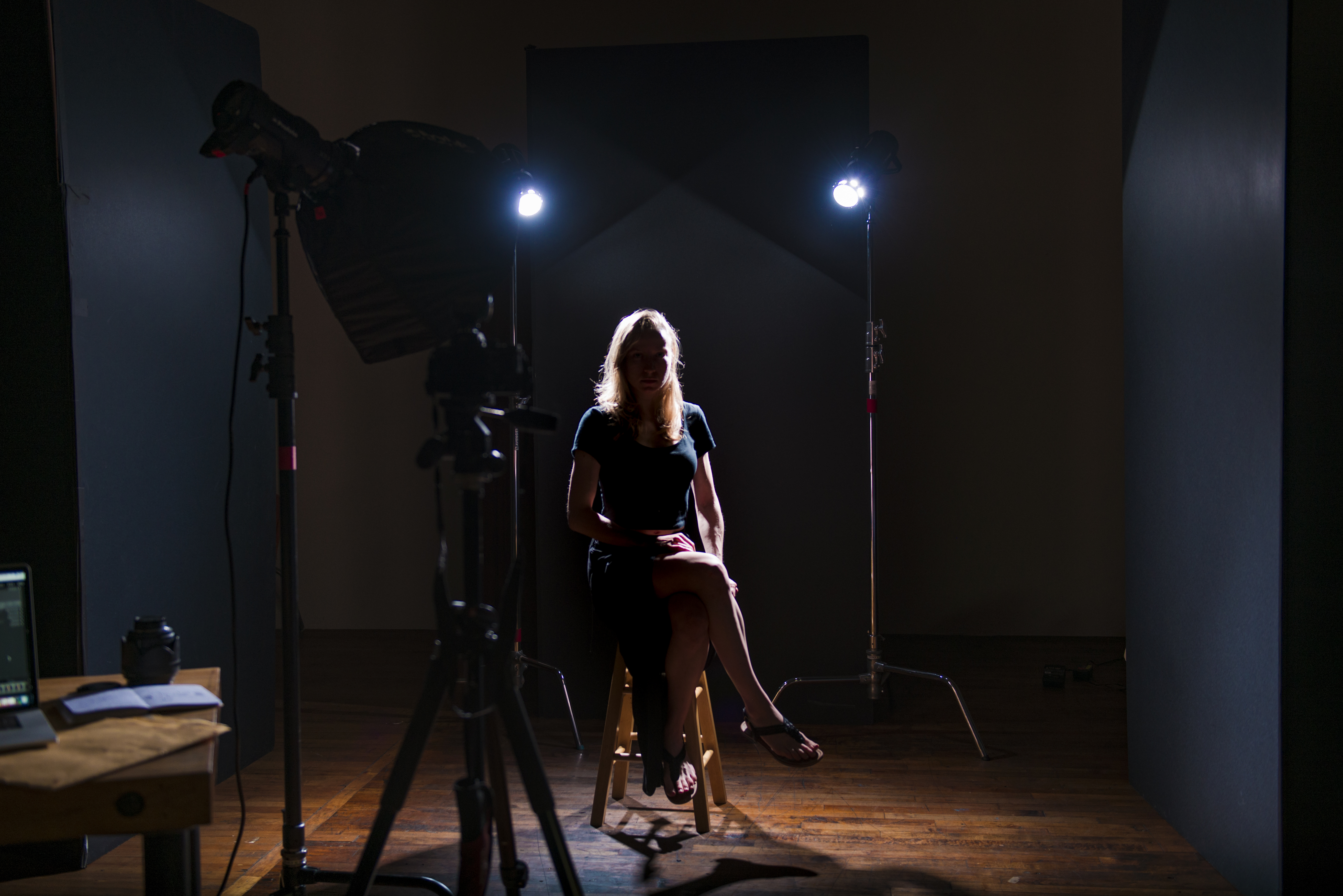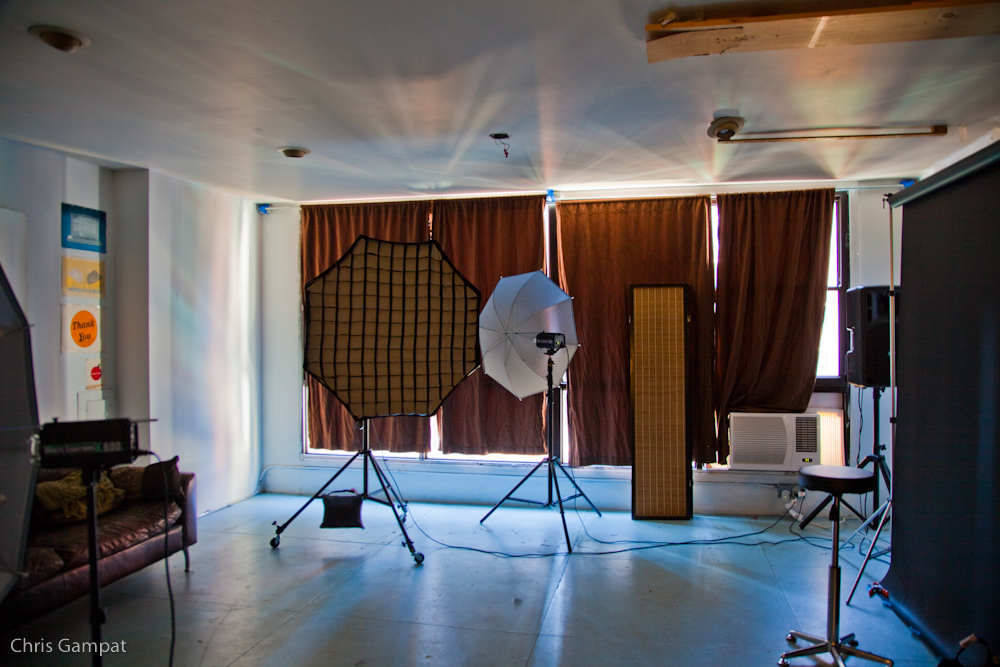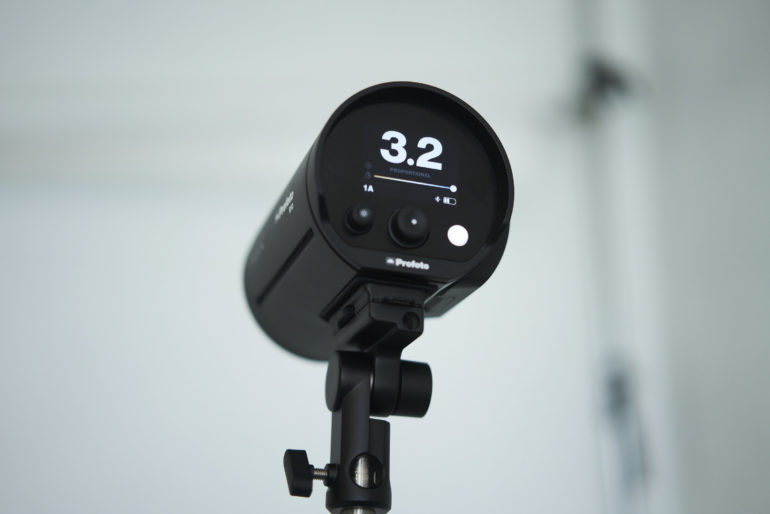Last Updated on 09/27/2019 by Chris Gampat
“You’re just trying to lift her legs up higher to make her skirt shorter, aren’t you?”
It’s amazing how quickly what seems like a perfectly comfortable, fun environment turns into hostile territory for women. The cause: men making what they think are innocuous comments, like this one. It started off as a typical enough day, with reasonable enough expectations. I needed to help the photographer I was assisting set up for studio portraits. That was one of my two primary responsibilities: the other was keep the clients happy (one of his regulars, a law firm). This was a simple enough task, which ultimately proved to be much more demanding than it should have been. People like to dismiss the importance of microaggressions. These exist in all forms, and for the course of this discussion, we’ll be talking about the ones women face with regularity.
The group of partners was six deep, five of them being men, and all characters and seemingly jovial, pleasant coworkers to have. With the heights, sizes, and seniority statuses being taken into account, we ultimately determined to have the woman seated. It just made sense aesthetically for balance. As the photographer adjusted her pose and was explaining to her how to position her legs, one of her male compatriots felt compelled to say, “You’re just trying to lift her legs up higher to make her skirt shorter, aren’t you?” followed by classic, tone-deaf, and oblivious old-white-cis-man laughter.
“As the assistant, I would have risked my own future ability to work with this photographer by speaking up.”
The frustration inside me boiled up instantaneously, deeply–sympathizing for the rock and hard place position her fellow associate had put the woman in. If you’re not understanding what was frustrating about it, it’s best explained here. To speak up and make everyone uncomfortable, warranted as it is? Or choke it down and swallow it, for the benefit of everyone else? There is no winning when another person makes a statement like this to your detriment: to call it out makes you look bitchy, not-able-to-take-a-joke, uppity, ‘not one of the guys.’
To ignore it permisses it, poisoning us slowly from within, knowing we couldn’t say, “Hey, I don’t appreciate it when you talk about me like that.” Nor could I have said, “Those kinds of comments really make me uncomfortable.” This would have alienated us from our coworkers, community, or collaborators. I, as the only other woman in the room, could have spoken up in her defense, which should not be the way we think about it. Unfortunately, it’s the current truth of our society, as rarely do men call each other out on their bad behavior. It’s one of the most significant shortcomings in the pursuit of strong male allies. As the assistant, I would have risked my own future ability to work with this photographer by speaking up. I also could potentially cause a divide between the photographer and his client. Essentially, and infuriatingly, both her and my hands were tied. This was a silence of the most submissive kind.
This whole situation also made things no better for the photographer. How does one even respond to a comment like that? Now he has to contend with:
- Not offending the woman
-
Keeping the conversation light-hearted and entertaining
-
Somehow managing to make the woman feel comfortable enough to be fully present and participatory for the group photo.
We see this all too often in group shots: someone makes an offhand comment, and the expressions shift in other parts of the frame. They don’t understand the ramifications of their words, but we do. We see every reaction read on the faces in the photo. And these kinds of moments make our work all the more difficult to create genuine happiness in each person’s likeness.
“This whole situation also made things no better for the photographer.”
Honestly, I don’t even really remember what the photographer said to dance his way around that sexist remark. The point I’m trying to make is that he never should have even had to. It also goes to show how impactful that moment was. It was a sucker-punch to the gut reminding me that, no matter how successful, prominent, and professionally powerful one becomes, even a partner at a law firm still has to deal with the same sexist garbage that reduces us to nothing more than a sexual object. The rest of the shoot went by okay, but I never came back to the same place mentally as where I started. And I’m sure for her, it was the same. As with the first Stories from Set piece I wrote, I still don’t have the answer for how to end this issue in our freelance world which often prevents us from speaking up at times we should. While we may not feel capable of talking about it during the situations, we can talk about it afterward and come up with ways to address it in the future. So let’s start to talk about it – we need to stop creating toxic work environments with the women in our industry, and it begins with listening to these kinds of stories.
“The rest of the shoot went by fine, but I never came back to the same place mentally as where I started.”




